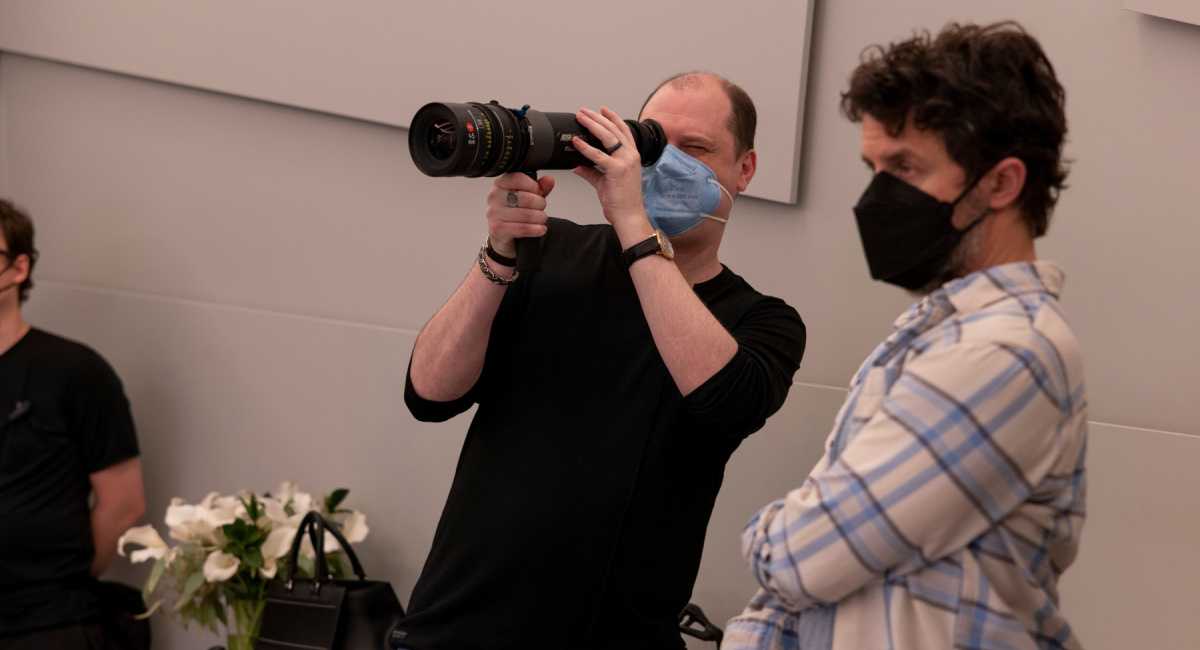Department of Justice Warns Academy That Netflix Rule Change Could Be Illegal
The question of streaming movies' eligibility for the Oscars is now a lot bigger than just (to put it simply) "Steven Spielberg vs. Netflix."
The Department of Justice wrote to the Academy of Motion Picture Arts and Sciences to warn them that limiting the eligibility of Netflix and other streaming services for the Oscars could be against violate a competition and antitrust law that's more than a century old.
Makan Delrahim, the chief of the DOJ’s Antitrust Division, wrote to AMPAS CEO Dawn Hudson on March 21. He expressed concerns that the Academy's new rules would be written "in a way that tends to suppress competition."
An Academy spokesperson confirmed to Variety that they received the letter and "responded accordingly."
Delrahim cited Section 1 of the Sherman Act (that dates all the way back to 1980), which "prohibits anti-competitive agreements among competitors."
He added, "if the Academy adopts a new rule to exclude certain types of films, such as films distributed via online streaming services, from eligibility for the Oscars, and that exclusion tends to diminish the excluded films’ sales, that rule could therefore violate Section 1."
This all began with Spielberg's comments that if a movie is on a streaming service, "[it] deserves an Emmy, but not an Oscar."
His remarks were widely interpreted as a slam against Alfonso Cuarón's "Roma," which briefly played theaters, but then went straight to Netflix. It was nominated for 10 Oscars and won 3, including Best Director.
The rule change the Academy is considering would increase the amount of time a film would have to play in theaters to be eligible for an Oscar. Currently, a "qualifying run" is if a film is shown in a Los Angeles theater for "at least seven consecutive days" during the year in question.
The Academy’s Board of Governors meets on April 23 for its annual awards rules meeting. Stay tuned.
[Via Variety]


























